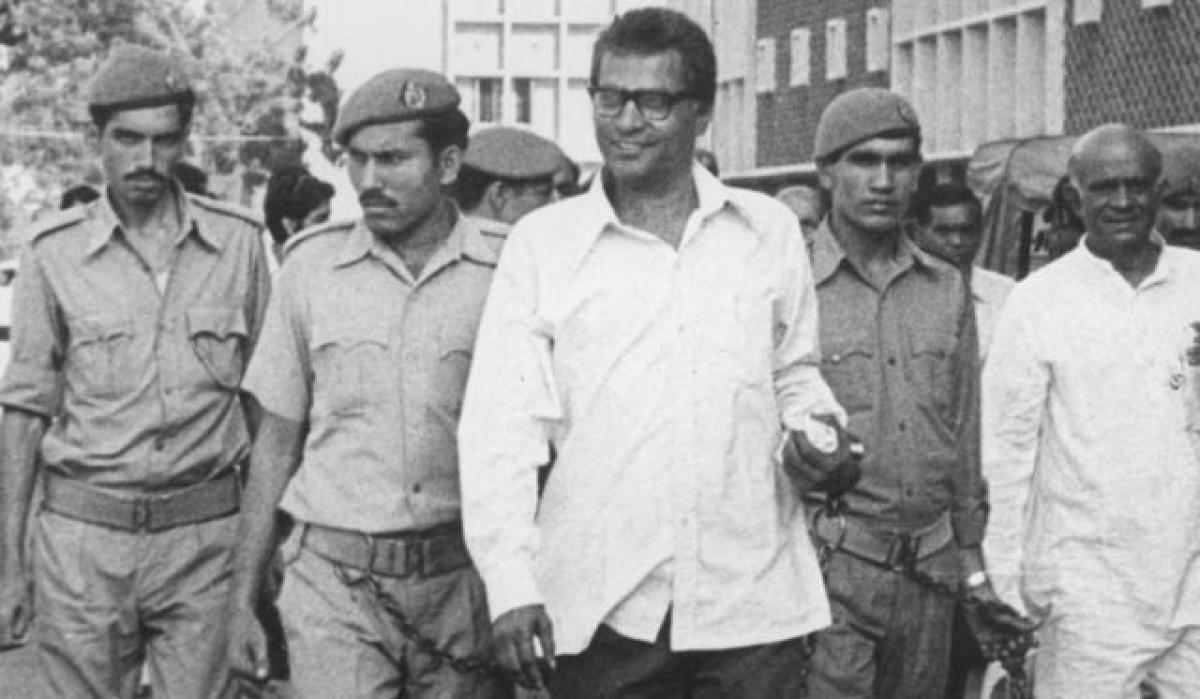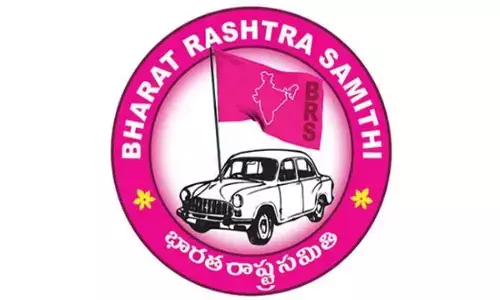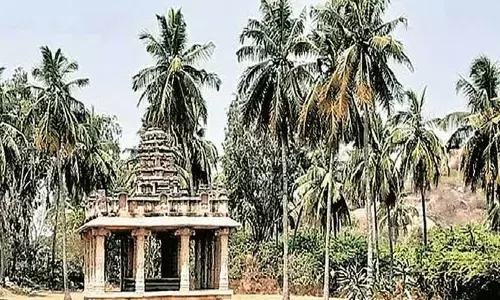Remembering the 1974 railway strike

Forty two summers went by since the historic 1974 railway strike which started on May 8 and went on for 20 days and brought the nation to a halt but even today old timers still remember the strike as if it happened just yesterday.
Hyderabad: Forty two summers went by since the historic 1974 railway strike which started on May 8 and went on for 20 days and brought the nation to a halt but even today old timers still remember the strike as if it happened just yesterday.
The strike was a result of railway workers pent up emotions that spilled over in what can be termed as a major uprising. In spite of third pay commissions gave benefits, the condition of workers did not improve and as a result under the leadership of George Fernandes, who was then president of All India Railwaymen’s Federation (AIRF), railwaymen went on strike.
Such was the effect of the strike that many other sectors such as banks and insurance employees joined the strike for a day. Several employees were removed from service and many others sent to jail for as long as 18 months.
Notable among the employees who were sent to jail were A V K Chaitanya, secretary of SCRMU, Sundereshan, Eashwar Rao, Murthy, Bhadraiah, Yadgiri, Umashankar and Kiran. K D John, president of Firemen’s Association, Devadanam, an engine driver. They were picked up and put in Warangal jail.
Ch Sankara Rao, general secretary, South Central Railway Mazdoor Union (SCRMU) said. “Under the Defence of India Rule workers were taken into custody. The main demand of the employees was payment of bonus under bonus Act. While the Factory Act was in practise railway workers were not treated as industrial employees but as government employees.”
The strike had had a great impact as the employees were reinstated when the new government came to power under Madhu Dandavate who was the Railway minister and the productive linked bonus which came into existence in 1977-78 which is still in vogue was due to the strike.
K Siva Kumar, divisional secretary, SCRMU said, “The 74 strike is a landmark and a turning point as it proved the might of the workers who were courageous, determined and braved all odds. It gave a major fillip to trade union movement in India.”
The government was determined to break the workers’ resolve and as a result many were arrested and sent to jail and the government also tried other means to stop them from striking. M Dayanand, who was 26 years in 1974 recollects, “Under the loyal workers scheme the Railway Board gave jobs to the kin of employees who did not strike and if their children were minors’ double increments were dished out.”
The strike affected one and all in several ways. There have been several railway strikes even before 74 and after. Draconian provisions of Defence of India Rules and the Maintenance of Internal Security Act (MISA) were used against railway workers which soon after a year during the emergency were once again used with telling effect.
Will there be another strike of the magnitude of 1974 is hard to tell as it was at the peak of labour unrest in independent India where the rank and file joined en masse. There have been several changes with technology coming in engine driver Devadanam who fought for better working conditions would now be a happy man to know that the engines would have ACs soon.

















